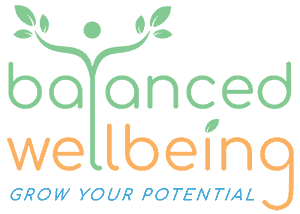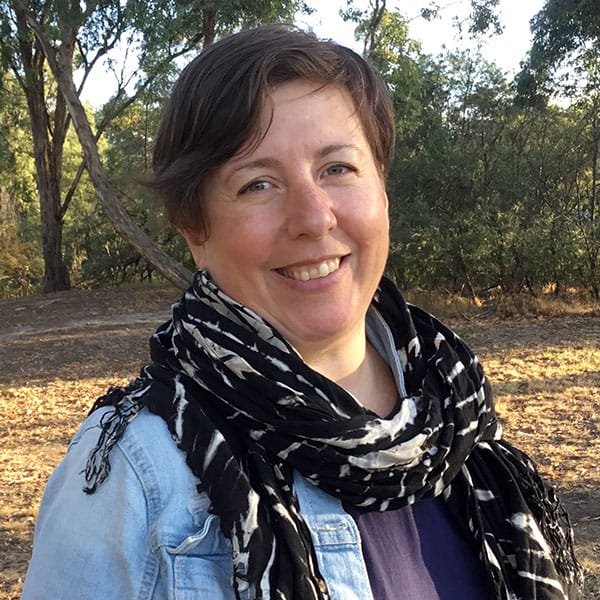A professional counsellor helps you identify your strengths, gain insight into your ways of thinking, feeling and behaving to begin a process of change and growth.
Counselling is a collaborative effort between the counsellor and client.
Trained professionals can make a profound impact by helping people navigate difficult life situations, such as the death of a loved one, divorce, moving house, natural disasters, school stress and the loss of a job.
Professional counsellors help clients identify goals and potential solutions to problems which cause emotional turmoil; seek to improve communication and coping skills; strengthen self-esteem; and promote behaviour change and optimal mental health.
From time to time we have additional Counsellors, Mental Health Care Nurses, and Child/ Adolescent/ Adult Psychologists who we have not added to the website yet. Feel free to check if we do offer a practitioner service that’s not listed.

Our Team






